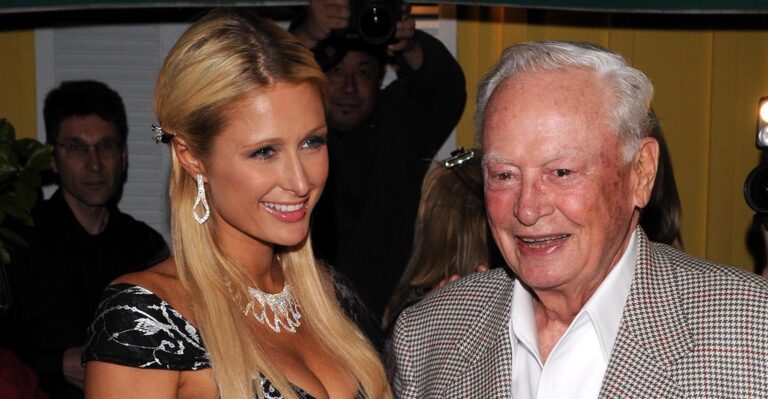The estate of William Barron Hilton, who was the son and successor of hotelier Conrad Hilton, filed a Tax Court petition last month disputing a $1.16 billion estate tax deficiency, plus interest, stemming from a will contest over bequests Hilton made to the Conrad N. Hilton Foundation and Ducks Unlimited.
Barron made a $2.9 billion bequest to the family foundation and a $1 million to Ducks Unlimited. His estate argues that the IRS incorrectly rejected charitable contribution deductions for these bequests.
The IRS, however, states that the deficiency notice is necessary because if Barron’s heirs are successful in their claims against the estate, it would void nearly $3 billion in deductions.
Case History
Back in 2007, Barron told his family that he was making a significant change to his will (citing the public shenanigans of his granddaughter Paris Hilton as one of the reasons for his decision and his concerns about “what unearned wealth can do to warp a person’s values”) and that instead of leaving his multi-billion fortune to his family, he instead decided to leave the bulk of his estate to the family foundation.
In July 2010, Barron publicly reconfirmed his intention to leave most of his wealth to the foundation “to leave the world a better place than he found it.”
Barron died in 2019, leaving 97% of his fortune to the family foundation (the other 3% was reportedly split between family members).
Measure to Avoid Disputes
Barron took precautionary steps to avoid disputes regarding his estate plan. Some of these steps included obtaining approval from the California Probate Court and a private letter ruling from the Internal Revenue Service regarding his disclaimer of his interest in a marital trust with his ex-wife (to allow his children to obtain earlier access to the residue of the trust), obtaining written waivers from each of his eight children confirming that his disclaimer of his interest in the marital trust wouldn’t be challenged or set aside, advising each of his children in writing regarding his intention to leave the bulk of his wealth to the family foundation and publicly announcing his intention to donate the vast majority of his wealth to the foundation and incorporating no contest clauses into both his will and trust.
Dispute Arises
Despite the many precautions and the no-contest clauses, some of his children, who weren’t too thrilled with their father’s decision regarding the fate of their inheritance (or lack thereof), subsequently filed claims against the foundation.
After the children’s claims were all rejected by the trustee of their father’s trust, the William Barron Hilton Trust (the remaining assets of which were to be distributed to the family foundation on Barron’s death, per the terms of the trust), the children sued the trustee. The Superior Court of Los Angeles dismissed their claims, except for two of the claims by Barron’s children against the trustee.
The estate posits that the remaining challenges are regarding the marital trust or alleged conduct that preceded the marital trust in the 1980s and 1990s. Because none of the remaining claims concern Barron’s will, the estate asks that the court determine that there’s no deficiency in federal estate tax.





